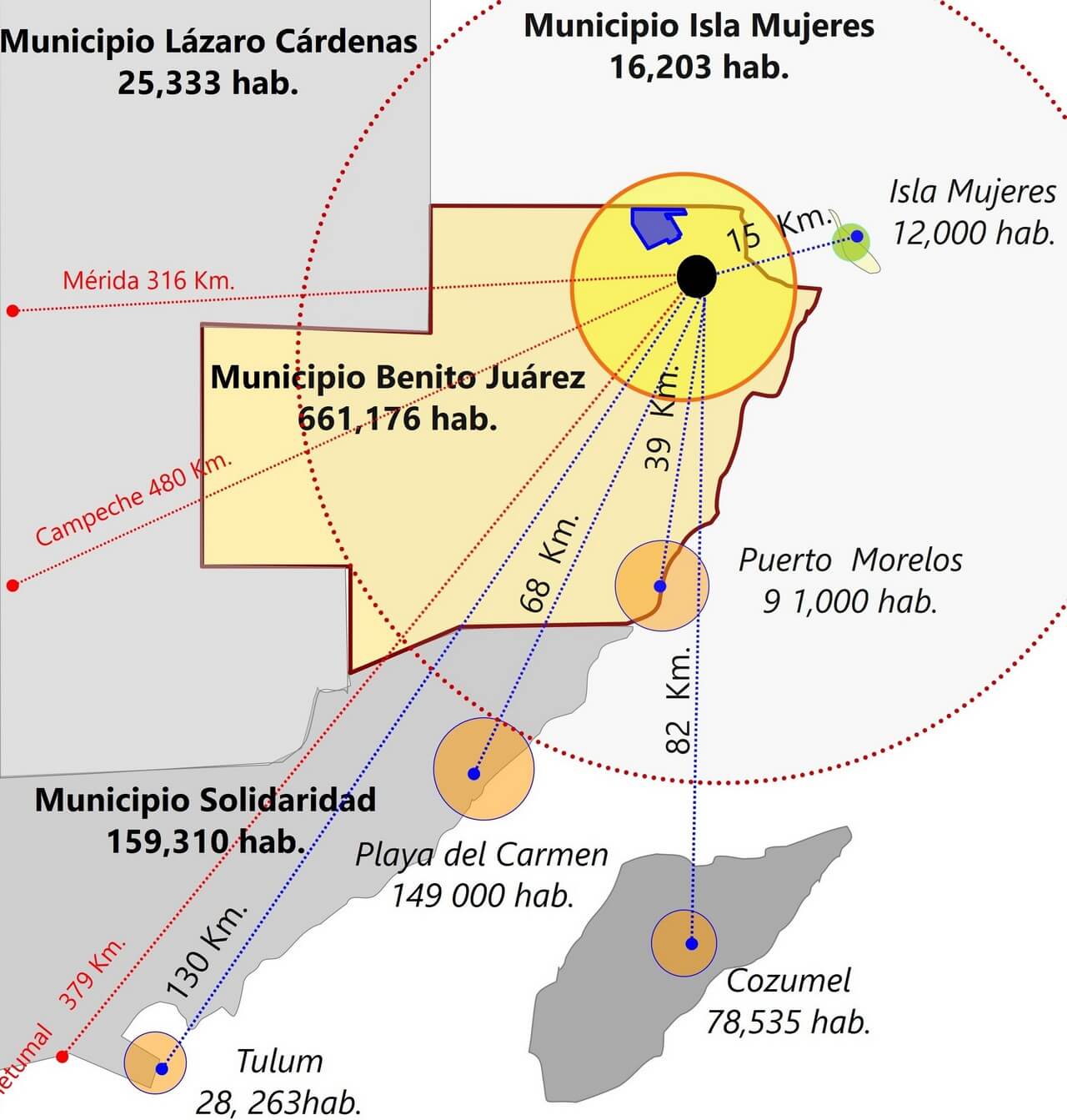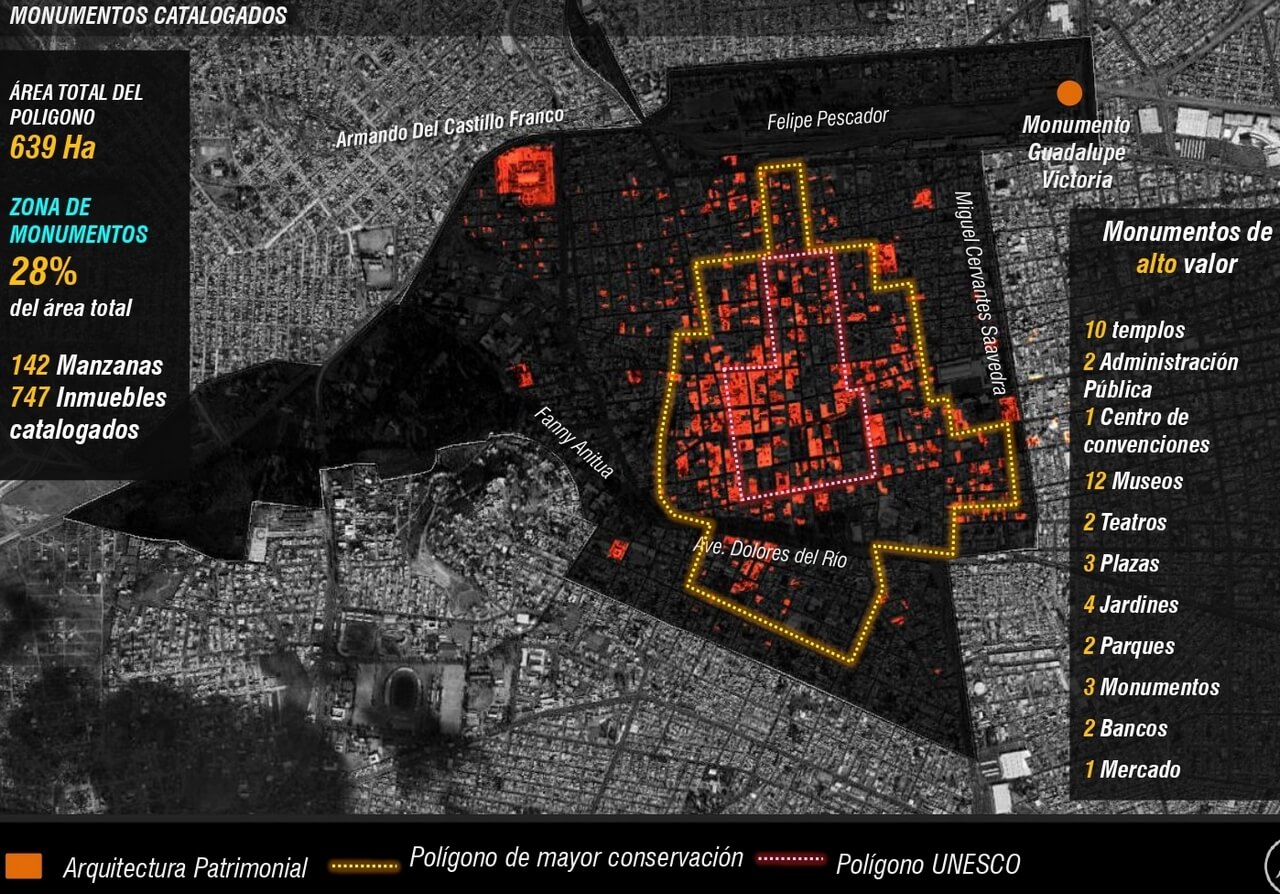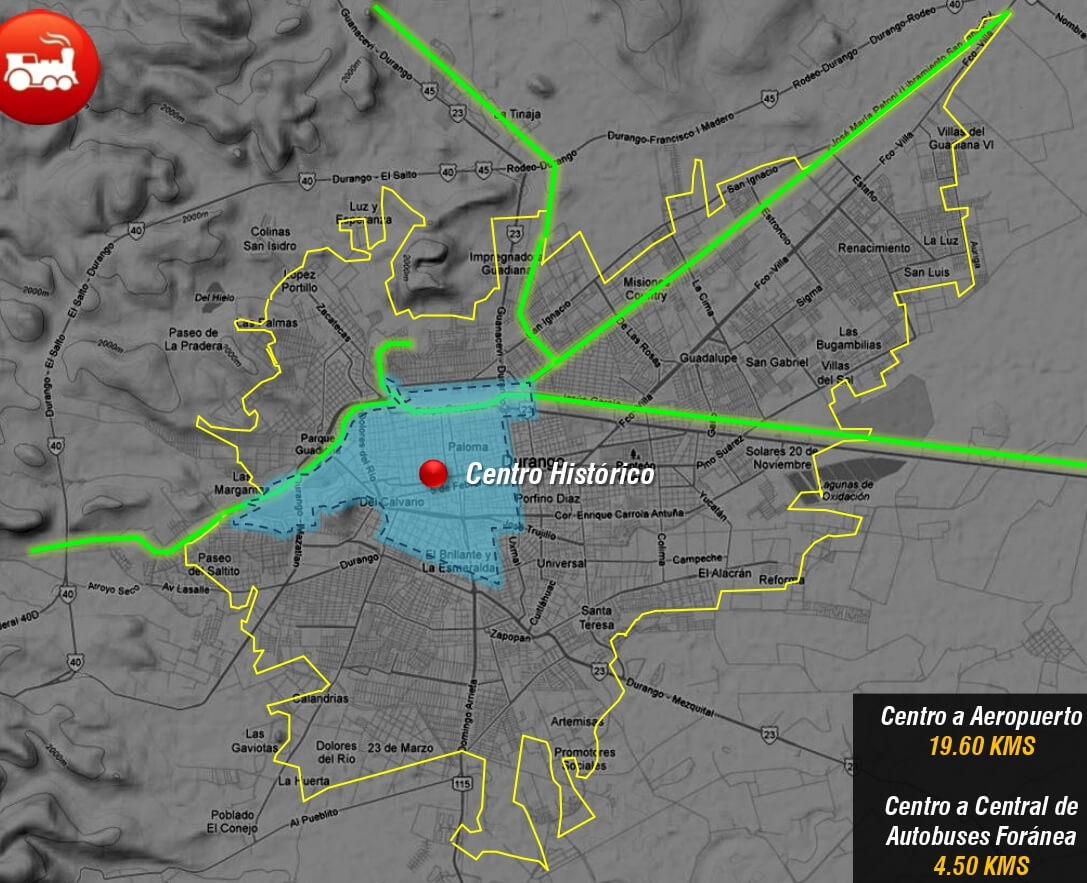Urban Impact Studies
In the context of rapid urban growth, urban development projects, whether public or private, can generate significant alterations in their surrounding environment. These alterations, known as urban impact, include effects on infrastructure, the environment, mobility, safety, and social coexistence. An Urban Impact Study (UIS) is essential to evaluate these influences and determine the necessary measures to prevent, mitigate, or compensate for the negative effects that may arise from the construction, operation, or maintenance of such projects.
Our consultancy specializes in the preparation of Urban Impact Studies for large companies, real estate developers, and governments seeking to ensure regulatory compliance and the technical and social viability of their projects. We offer a comprehensive analysis that not only meets legal requirements but also optimizes land use and natural resources, ensuring that the project integrates sustainably into its environment.

What is an Urban Impact Study?
The Urban Impact Study (UIS) is a strategic planning tool that evaluates and determines the potential alterations a public or private project may cause in its surroundings. These alterations encompass a wide range of factors, from impacts on urban infrastructure and the environment to effects on social coexistence, mobility, and safety. The primary objective of the UIS is to preliminarily identify potential impacts, both positive and negative, to establish measures that maximize the project's benefits and mitigate or compensate for any damages.
This type of study is essential to ensure that urbanization or construction projects not only comply with existing regulations but also integrate harmoniously and sustainably with their surroundings, respecting natural and cultural heritage and ensuring orderly and responsible development.

Why is an Urban Impact Study Important?
Urban development projects, especially large-scale ones, generate a set of social, economic, environmental, and urban impacts that must be managed appropriately. Without an Urban Impact Study, these projects can lead to issues such as infrastructure overload, conflicts with local communities, environmental damage, or imbalances in urban mobility.
Urban planning and management based on a UIS offer multiple advantages for businesses and governments:

Regulatory Compliance: Ensures the project aligns with local and national regulations, avoiding penalties or delays due to legal non-compliance.
Optimization of Land Use and Natural Resources. By identifying the best development alternatives, the UIS facilitates the rational and efficient use of resources.
Risk Mitigation. Allows for the anticipation of potential conflicts with local communities or environmental issues, reducing risks that could affect the project's viability.
Social and Environmental Responsibility. Urban Impact Studies promote responsible development that respects the natural and social environment, enhancing the reputation of developers.

Our Urban Impact Study
At our consultancy, Urban Impact Studies are designed to provide a comprehensive and rigorous analysis of the environment affected by the project. Our objectives include:
Regulatory Compatibility. We review the project's compatibility with the existing urban legal framework, ensuring that the strategies and actions proposed by the owner or developer comply with current regulations in the project's area of influence.
Identification of Constraints. We evaluate potential physical and socioeconomic constraints that could affect the project's viability. This includes identifying costs related to mitigation measures and other factors that may influence the project's feasibility.

Preliminary Assessment of Alternatives. We identify and evaluate different development alternatives, proposing those that optimize land use, infrastructure, and natural resources, ensuring the project is sustainable both technically and economically.
Formulation of Prevention and Control Strategies. We design preliminary urban prevention and control strategies to mitigate the project's negative impacts and maximize its benefits.
Recommendation of the Best Alternative. Based on technical and legal evaluations, we recommend the best alternative for project execution in terms of legal and urban viability.

Components of the Urban Impact Study
Our Urban Impact Study covers a variety of key aspects to ensure a comprehensive evaluation of the affected environment. These include:
Regulatory Analysis. We assess the legal framework regulating land use and urban development in the project area, ensuring compliance with all applicable regulations.
Hydraulic Study. We analyze the project's impact on local water systems, evaluating drainage capacity, flood risk, and water resource availability.
Mobility Study. We evaluate how the project will affect traffic and transportation in the area, proposing solutions to minimize impacts on urban mobility and improve accessibility.
Risk Study. We identify environmental and urban risks the project may generate, such as pollution, geotechnical risks, or public health impacts.
Sensitive Areas and Impact Assessment
One of the most important aspects of an Urban Impact Study is the identification of sensitive areas, which include:
Human Settlements. We evaluate how the project will affect local communities in terms of neighborhood coexistence, safety, hygiene, noise, and nuisances.
Natural Elements and Special Management Areas. We consider the existence of conservation areas, preservation zones, and sites of historical or architectural value, ensuring the project does not compromise these important assets.
Urban Infrastructure and Services. We assess the capacity of existing urban infrastructure to support the proposed development, from water and energy supply to transportation and waste collection.
The Urban Impact Study concludes with a set of recommendations on the best strategies to mitigate, control, and prevent the identified impacts. These recommendations include prevention and compensation measures that the developer must implement during the construction, operation, and maintenance phases of the project. Additionally, our recommendations are key to ensuring that the project not only complies with local regulations but also becomes a benchmark for sustainable and socially responsible development.
Our consultancy stands out for its expertise in conducting Urban Impact Studies for large-scale projects across various sectors, from real estate developments to public infrastructure. We have a multidisciplinary team of experts in urban planning, environment, mobility, hydraulics, and law, ensuring a comprehensive and precise analysis.
By working with us, you will receive a detailed study that allows you to minimize risks, optimize resources, and ensure the viability of your project. Whether your company is developing a new real estate complex, an industrial park, or a public work, our Urban Impact Study will be the key to achieving successful and sustainable development.

